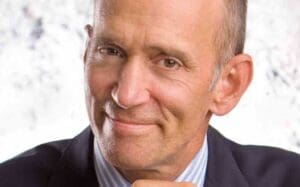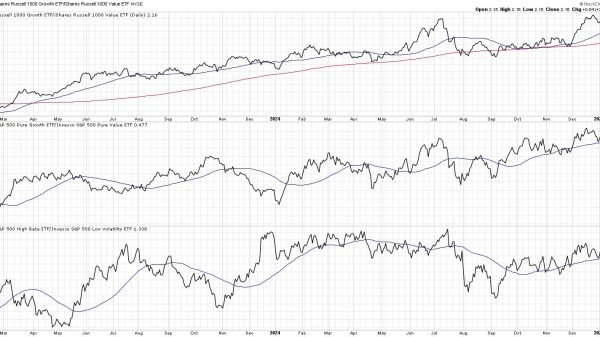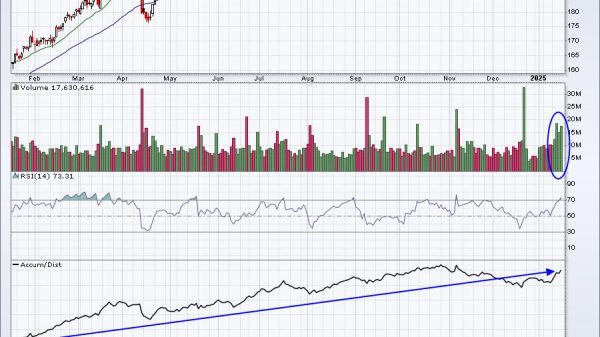
There’s a certain clairvoyance required of a great satirist, an almost supernatural knack for holding up a mirror to society and forcing us to see the grotesque reflection that lurks behind our glossy veneers.
Whilst always being a centrist politically, I have loved the ascorbic, usually left, sometimes far-left that British stand-up comedy brings and have been a huge fan of Ben Elton’s from his first outing in his shiny suit on Friday Night Live. Elton, the sardonic jester of British comedy and a proud Labour man of the Mrs Thatch era, delivered this in spades with Gasping, his debut play from 1990.
At the time, Gasping seemed like a clever, absurdist send-up of 1980s corporate greed, Thatcherite free-market frenzy, and the rise of glossy marketing machineries. But as we sit here in 2025, with the air around us tinged with both pollution and bureaucracy, one has to wonder—was Elton’s play less satire and more prophecy?
For those unfamiliar, Gasping tells the story of a slick ad executive who, in pursuit of the next big thing, helps his company invent and monetise “Perrier for the nostrils”—oxygen in a bottle. What starts as a hilariously absurd concept spirals into chaos, as the commodification of clean air leads to shortages, global inequality, and an all-too-real survival-of-the-richest scenario. Funny? Absolutely. Ridiculously prescient? Even more so.
Taxing the air we breathe? Surely not
Fast-forward to today, and Elton’s dystopian vision doesn’t feel as far-fetched as it once did. Sure, we don’t yet queue at Tesco for bottled oxygen, but it’s not entirely beyond the realm of possibility. Air quality has become a premium commodity in urban centres, with wealthier neighbourhoods often enjoying cleaner skies while poorer areas choke on the detritus of heavy industry. Purifiers, filtration systems, and even air-purifying plants have become middle-class staples—essentially a DIY tax on the air we breathe.
But where Elton really gets spookily close to home is in his critique of big business and governmental overreach. In Gasping, the corporate world exploits something that should be a universal right—clean air—and turns it into a cash cow. It’s hard not to draw parallels with our current predicament, where everything from water to parking to the miles we drive is metred, measured, and taxed. And with a government as hungry for revenue as today’s Labour Party, it’s not entirely inconceivable that oxygen could be next on the list. After all, we’ve already got carbon taxes—how far off is an “air utilisation levy”?
The irony, of course, lies in Elton’s Labour allegiances. Back in the day, he was the poster boy for Thatcher-bashing, a flag-waving advocate for socialist ideals and the redistribution of wealth. The idea that his beloved Labour Party could one day be accused of taxing everything under the sun—well, it would have made the younger Elton choke on his organically sourced lentil soup. Yet here we are, with some of the most inventive revenue-raising schemes coming from the red corner.
A new divide: oxygen as a status symbol
The world Elton imagined in Gasping is one where the “haves” breathe easy while the “have-nots” gasp for survival—a painfully familiar dynamic in today’s world. Clean air is no longer a given; it’s a privilege. In cities like Delhi and Beijing, air pollution is so severe that oxygen bars and personal air-purifying devices are booming industries. And while these innovations are marketed as lifestyle products for the affluent, they highlight a stark truth: the gap between those who can afford to protect themselves and those who cannot is growing ever wider.
The Third World, as Elton dubbed it in his play, is still being plundered, not for oxygen but for resources that keep the wheels of capitalism spinning. Meanwhile, climate change—arguably the ultimate indictment of our collective greed—has made clean air an increasingly scarce commodity. Forests, the lungs of the Earth, are cleared at an alarming rate, often in the name of profit. Elton’s satire wasn’t just about air; it was about the commodification of anything and everything, no matter the consequences.
So, was Ben Elton a satirical Nostradamus? Perhaps. Or perhaps his genius lies in his ability to distil universal truths into biting comedy. The themes he explored in Gasping—greed, inequality, environmental degradation—are as relevant today as they were in 1990. The difference is that we now live in the world he once exaggerated for comedic effect. The joke, it seems, is on us.
And what of Elton’s beloved Labour Party? Could he have foreseen its evolution from the scrappy underdog of the 1980s to the tax-happy establishment of today? One suspects he might have, though he’d have skewered them just as mercilessly as he did the Conservatives. Because, at his core, Elton is a satirist first and foremost, and satire spares no one—not even its own creators.
In the end, Gasping is both a warning and a time capsule, a reminder of where we’ve been and a cautionary tale of where we might be headed. As the world grapples with climate change, resource scarcity, and the ever-present shadow of corporate greed, Elton’s play feels less like a relic of the past and more like a roadmap to an unsettling future. So, if you find yourself reaching for your Dyson air purifier or paying extra for a seat in a “clean air zone,” spare a thought for Ben Elton. He saw it coming, and he made us laugh before we started gasping.
Read more:
Did Ben Elton predict his beloved Labour’s taxing future?























